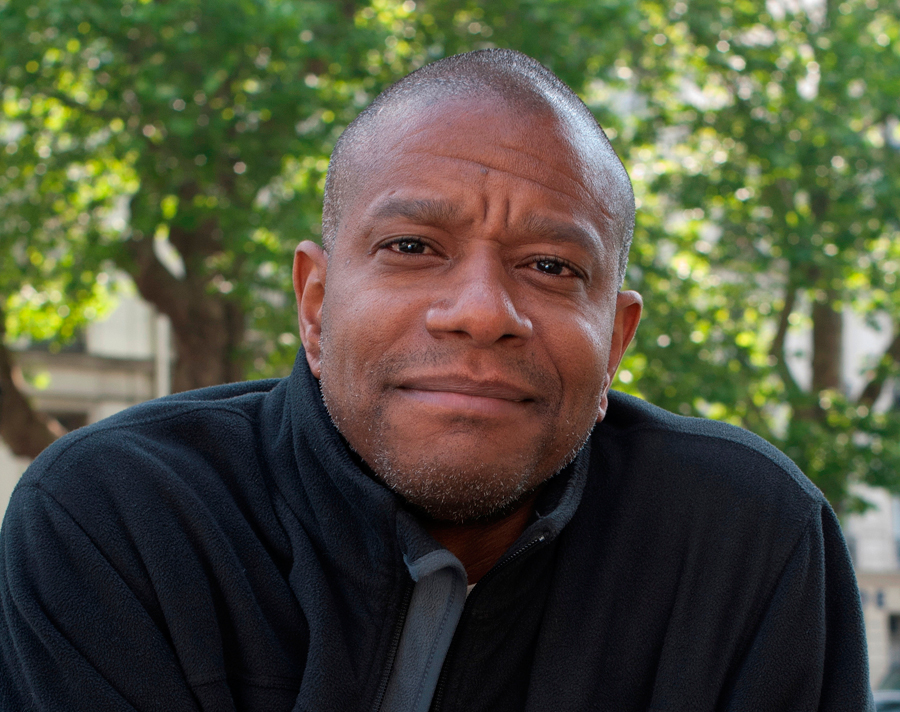What’s Wrong with the Man Booker Prize?
As the Man Booker Prize debates whether to nix US writers, the ‘homogenized future’ some novelists fear for British literature is already here
As the Man Booker Prize debates whether to nix US writers, the ‘homogenized future’ some novelists fear for British literature is already here

In 1972, the fourth Booker Prize was awarded to John Berger for his novel G. Experimental, non-linear, G follows a young man on an extended journey through Europe at the start of the 20th century, shortly after the reunification of Italy, and during the continent’s early sexual awakening following the Gay Nineties. History’s wreckage lies scattered before him, as the grand political projects of the 19th century either culminate or collapse in the lead-up to the First World War. As with much of Berger’s work, G is a novel about the interaction of many communities through the lens of a particular, peculiar self, a self of sex and desire, language and ideas. Berger was a great writer of the concatenating differences contained within collaborative politics, and he famously used the Booker to chastise the British literary establishment for its complicity in the West’s ongoing colonial project.
At the televised award ceremony, Berger highlighted the history of McGonnall Booker – the prize’s sole sponsor at the time – in the Caribbean, where the trading firm had wreaked 130 years of social and ecological havoc by means of the sugar trade. Berger ‘nearly derailed the prize’, the BBC later noted, when he announced he would share half of his winnings with the London branch of the Black Panther Party, retaining the rest to study migrant workers for his book A Seventh Man (1975). The point, he seemed to be making, was that UK writers were too inward-looking, that, despite its supposed mission to honour British, Irish and Commonwealth writers, the prize had re-affirmed an old story of resource expropriation, where money earned from the exploitation of non-white nations under British rule had once again been redistributed to a minority of whites, this time under the self-congratulating guise of a higher literature.

An inverse controversy has now met the Man Booker Prize. Late last month, the UK’s Folio Academy – a body of 300 or so writers tasked with governing the Folio Prize – called upon the Man Booker to reverse its 2014 rule change that allowed for the nomination of US writers. A staggering 99% of Folio members, a group that includes Margaret Atwood, John Banville, J.M. Coetzee, Zadie Smith and Ian McEwan, told The Guardian that they fear US hegemony over the prize after Paul Beatty and George Saunders received the 2016 and 2017 awards, respectively. In a recent private letter to the Booker organizers, 30 members called for the prize to stop admitting US writers, lest Britain face ‘a homogenized literary future’ – a fear that echoes the postwar anxieties of the ’50s, when US musicians on British radio, and then later on television, raised fears of a diluting ‘Americanization’ of culture, or Académie française complaints of loan words like ‘weekend’ cropping up in French. It seems old worries of some ominous, influential outside are not only back in Brexit Britain, they have seeped into the literary community, too.
When the Booker was first awarded in 1969 to P.H. Newby, the prize had a seemingly broad remit: to acknowledge ‘the best novel in the opinion of the judges.’ The ‘best novel’, it seems, could only be written by UK, Irish and Commonwealth writers, most of them white men. Since 2000, 12 of the past 18 awards have gone to male writers. Excepting US-based, Jamaican writer Marlon James (the winner in 2015); US novelist and poet Paul Beatty (2016); and Indian novelist Aravind Adiga (2008), all of them have been white. Of the six women writers, only one has been non-white: Kiran Desai, whose Booker-winning novel The Inheritance of Loss (2006) also received the US National Book Critics Circle Award. The Commonwealth itself is greatly under-represented on the list of winners, even as awareness of the literary world’s lack of diversity has been raised by countless writers and publications. Since 2000 the Irish, Indians and Australians have each won twice, while New Zealanders and Canadians just once; 45 out of 53 Commonwealth nations remain unacknowledged in the prize’s 49-year history. For their part, the US Pulitzer Prize and National Book Award for fiction have near parity with the Booker in their respective ratios of men to women, white to non-white writers. It seems, then, that no prize ought to fear a homogenized future; that situation is now.

Those who have argued for the Man Booker to change the rules once again have not always made the clearest case for doing so. Novelist Tessa Hadley told The Guardian that a reversal would ensure that British, Irish and Commonwealth literature not become a ‘subset of US fiction’ and lose its ‘identity-in-difference’. But what exactly is this ‘identity-in-difference’? The identity of the Prize winners has thus far been largely white and male, which is at stark odds with many parts of the globe the Booker has historically served. As for ‘identity-in-difference’ between the US and Britain, one can only wonder how the inclusion of US writers has altered British novelists’s sense of themselves, of their sense of difference from, say, William T. Vollmann and Jesmyn Ward and Min Jin Lee, unless that sense were somewhat flimsy to begin with. Or perhaps the ‘identity-in-difference’ is to be found between the various neighbourhoods of London, where most of these white Booker writers live?
Banville more straightforwardly said the change simply wasn’t fair since some lead US prizes didn’t respond in kind. The National Book Award and the Pulitzer Prize remain closed to writers who do not live and work in the US; it seems that prizes on both sides of the Atlantic suffer from an anxiety of confluence. My hopeful solution, of course, is not closure, but further openness. The Folio Academy members ought to use their position not to call for more limitations on one prize, but the openness of all others – and I would hope that the US prizes would finally drop their unnecessary protectionism and make all writers of English, regardless of where they live, eligible for their awards.

In fact, both British and US writers would do well to recall that our national literatures, and the language that links them, have long been dependent on one another through the mutual respect and exchange of ideas, and that our libraries are replete with countless stories and authors neither original to our shores, nor to the language in which they are written. I think of W.H. Auden, Zadie Smith and Salman Rushdie in New York, or Christopher Isherwood in Los Angeles. And, on the other end of the exchange: Henry James and T.S. Eliot, notably, wrote the bulk of their best work in London, and still many more writers have spent considerable and crucial time in the UK, as writers in residence, professors and lecturers. And it is still more strange to exclude the US, considering its geographic and cultural closeness with Canada – a member of the Commonwealth – and the mutually re-enforcing literary influence both countries have had upon one another, as Mavis Gallant and Alice Munro to Margaret Atwood and Anne Carson have all become important touchstones for US writers. While our differences remain important, our points of connection and contact are more so. It is striking then that, in the midst of two cataclysmic political events on both sides of the Atlantic, where racist and nationalist untruth has taken root in public discourse, and as fear of an ‘outside’ creeps into the governments in London and Washington, that the 300 Folio members felt that now is the time to call for the closing of the Booker to US novelists. That now, a year out from hard, soft or Brexit over-easy, the country should put down its foot against rowdy foreigners rather than see this time as an opportunity to explode the idea of a national or Commonwealth literature, its implied canon and an English hemmed in by British notions.
I would like to see all prizes, British and American, purporting to patrol our borders for outsiders to desist and make themselves available to the important traffic of English-speaking voices that spans the globe. This would include important honours and accolades of all kinds, such as the Warhol Foundation’s Creative Capital Awards, which only honours US citizens or Green Card-holders. Our arts are more meaningful in their exchange, not in their exclusion. John Berger wrote in Keeping a Rendezvous (1992): ‘Ours is the century of enforced travel of disappearances. The century of people helplessly seeing others, who were close to them, disappear over the horizon.’ There are enough forces at work to ensure that the new century imitates and perhaps even outperforms the last in this regard. Why should our literature join them?
Main image: The Man Booker Prize awards ceremony, 2017. Courtesy: The Man Booker Prizes






















